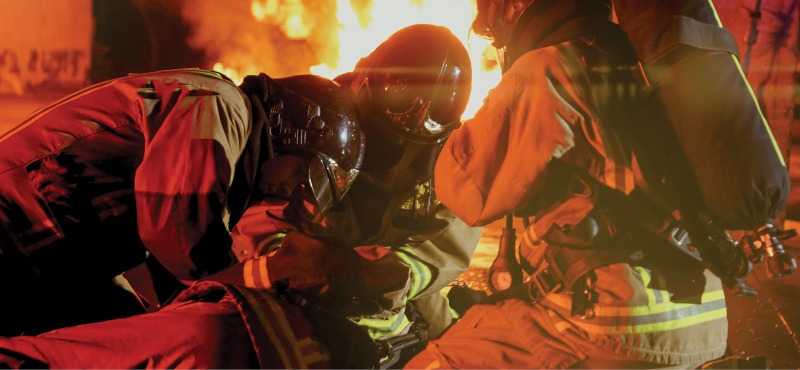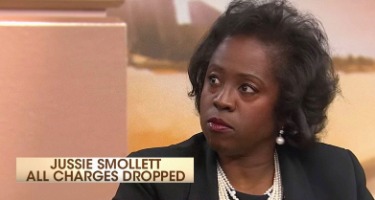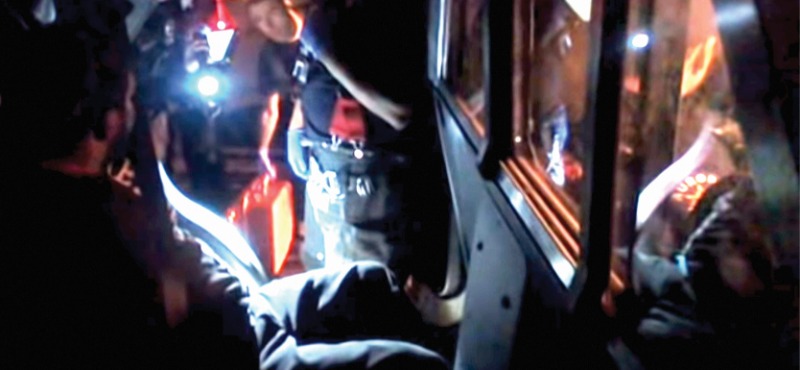In the Headlines
► Beckman Lawson: Patrick Hess (Land Use and Zoning Law; Real Estate Law, 2013) represented the developers of Evergreen Village, a new three-story development in Fort Wayne. The 125-unit building will service low-income seniors who are eligible for Medicare. During a commissioners meeting about the development, a representative for Evergreen told commissioners and concerned neighbors that the proposed housing project would meet a need for an underserved part of their community.
► Cohen & Malad: Richard Shevitz (Mass Tort Litigation / Class Actions – Plaintiffs, 2013) represented Bloomington and Monroe County in 2017 when the county filed a lawsuit against opioid manufacturers and distributors for their role in the addiction epidemic. The City of Martinsville, nearby in Indiana, filed a class action suit of its own in March 2018, contributing to the growing number of municipalities seeking legal recourse for opioid addictions. “In the past, the view of the medical profession toward opioids was the view that we all hold—they’re dangerous and they’re addictive,” Shevitz told the Indiana Daily Student, his alma mater’s student paper.
► Lewis Wagner: Robert R. Foos (Personal Injury Litigation – Defendants, 2016) spoke to changes in the legal landscape around personal injury litigation with the rise of self-driving cars. The topic is of particular interest to Indiana as state legislatures debate the safety of allowing companies like Uber and Lyft to test drive on state roads. Foos, who represents commercial carriers in the event of a death or injury, told The Indiana Lawyer, “Taking the human element out of [pedestrian deaths] altogether raises some really interesting issues for us.”
► Taft Stettinius & Hollister: Samuel Hodson (Bankruptcy and Creditor Debtor Rights / Insolvency and Reorganization Law; Litigation – Banking and Finance; Litigation – Bankruptcy; Litigation and Controversy – Tax, 2012), acting as city corporation counsel for the City of Greenwood, responded to allegations from a family living in a nearby county who said their basement was frequently flooded due to city negligence, resulting in costly repairs. Hodson informed the family—and curious local media—that the city was rolling out an improvement project to replace pipelines and better inspect manholes.
Honorable Mention
► Faegre Baker Daniels: J.P. Hanlon (Criminal Defense: White-Collar, 2013) received a White House nomination to serve as the United States district judge for the southern district of Indiana. Hanlon is co-chair of his firm’s white-collar defense practice and has authored books and instructed classes on the subject.
► Haller & Colvin: Holly A. Brady (Employment Law – Individuals, 2013) was also nominated to serve as a United States district judge. Brady was one of several lawyers in the running for the nomination. If the Supreme Court approved the nomination, Brady would replace Chief Judge Theresa Springmann of the northern district of Indiana. Brady’s peers praised her nomination. “She brings all the attributes a lawyer wants when he or she walks into a courtroom: You’re going to get a fair hearing from a very smart lawyer, a very smart judge,” an Indiana lawyer told The Journal Gazette.
► ITN Feature
Injured Man Awarded $16.5 Million After Crash With Texting Driver
Kenneth J. Allen Law Group: Kenneth J. Allen (Personal Injury Litigation – Plaintiffs, 2012), earned $16.5 million for his client who was injured after a truck driver rear-ended his car. Allen’s client was waiting at a stoplight on the highway when a driver, distracted and texting on his phone, hit his car and pushed him through the intersection. After he was struck, John Binkowski, 22, was extracted from his car and flown to the hospital, leaving him in critical condition.
Binkowski told the jury that the injuries he sustained from the crash prevented him from pursuing professional goals like joining the police force, conducting on the railroad, and remaining in the Army National Guard. He underwent 15 surgeries following the crash and, at the time of the trial, continued to suffer from neck pain and vision trouble, while also attending physical and cognitive therapy.
The Northwest Indiana Times reported that the driver who struck Binkowski didn’t have a justification for why he failed to stop at the intersection, based on taped testimony played at the trial. “I had lost my focus at that moment,” the driver said, claiming not to see the car ahead of him.
The jury deliberated for two hours before awarding Binkowski the $16.5 million, which included $9.5 million for his injuries, $500,000 from the driver, and $6.5 million from Grand Island Express, Inc., the trucking company that employed the driver. “The jury’s verdict sends a loud and clear message: Northwest Indiana has no tolerance for reckless and irresponsible truckers and trucking companies,” Allen said after the trial.
































